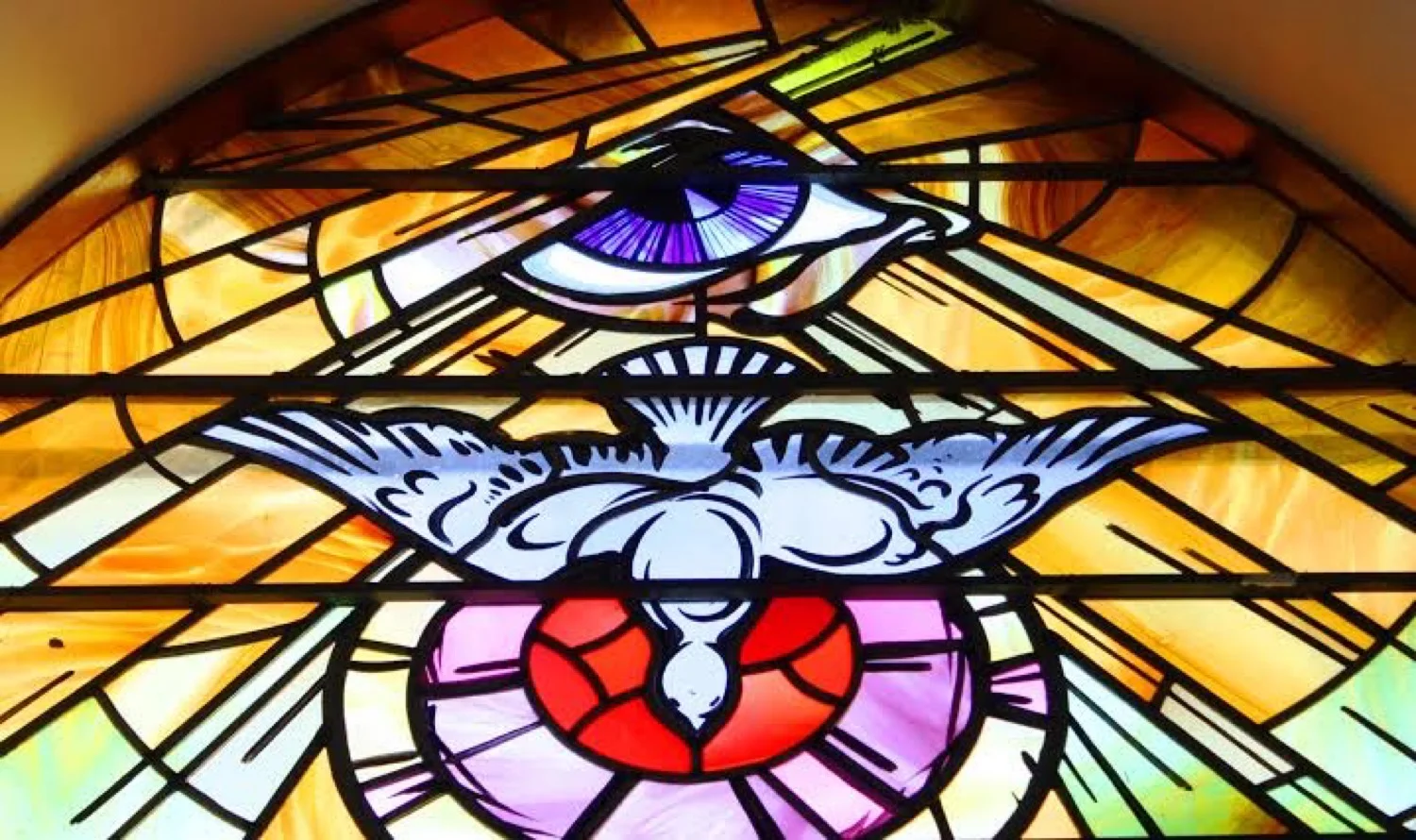Readings for today: Ezekiel 7-9, Hebrews 5, Psalms 105:1-15, Proverbs 26:28
During my first session over here in Ethiopia, a young Ethiopian church planter asked about the sinlessness of Christ. Was He able to sin? Were the temptations He faced real? Can Christ truly identify with us in our weakness? Did He have a fallen human nature like us? These are questions with huge implications and ones the church has been wrestling over for two thousand years.
The Book of Hebrews is one of my favorites because it pushes to embrace the fullness of both Christ’s divine nature and His human nature without diminishing either one. Over the course of history, Christians have tended to emphasize one at the expense of the other. Our human minds simply cannot grasp the mystery of the incarnation so we bring Jesus down to our level. We reduce Him to terms we can understand and grasp. We elevate certain aspects of his nature over and against others. We try to confine Him. Restrain Him. Fence Him in. But Jesus is not a tame God. He will not be domesticated to our theological agendas no matter how well-meaning they may be. He refuses to allow us to define Him and instead presents Himself to us on His terms – and His terms alone – through His Word.
“For surely it is not angels that he helps, but he helps the offspring of Abraham. Therefore he had to be made like his brothers in every respect, so that he might become a merciful and faithful high priest in the service of God, to make propitiation for the sins of the people. For because he himself has suffered when tempted, he is able to help those who are being tempted.” (Hebrews 2:16-18)
“For we do not have a high priest who is unable to sympathize with our weaknesses, but one who in every respect has been tempted as we are, yet without sin. Let us then with confidence draw near to the throne of grace, that we may receive mercy and find grace to help in time of need.” (Hebrews 4:15-16)
“In the days of his flesh, Jesus offered up prayers and supplications, with loud cries and tears, to him who was able to save him from death, and he was heard because of his reverence. Although he was a son, he learned obedience through what he suffered. And being made perfect, he became the source of eternal salvation to all who obey him, being designated by God a high priest after the order of Melchizedek.” (Hebrews 5:7-10)
The author of the Book of Hebrews clearly believes Jesus was human in every respect. Subject to pain and suffering. Hardship and heartbreak. Hunger. Thirst. Weariness. Sadness and joy. Christ emptied Himself of all His heavenly power and glory in order to become one of us. One with us. As such, He inherited the fallen human nature and was tempted in every way just as we are so He might – through perfect obedience – become the eternal high priest we so desperately need.
The doctrine of impeccability teaches us that it was impossible for Christ to sin. Being God, He not only would not sin, He literally could not sin. This, I submit to you, is yet another attempt to pierce the mystery that is Christ. It is an attempt to use human logic to make sense of the Incarnation. Can God sin? Of course not. Is Jesus God? Absolutely. So Jesus cannot sin? According to the Book of Hebrews, the possibility IS on the table. He was made like us in every way. He suffered when being tempted. He sympathizes with us in our weaknesses. He was tempted in every way just as we are. He learned obedience through His suffering. In short, He became the 2nd Adam and through His life, death, and resurrection offers Himself up for us all. Does any of this make logical sense? No. But God’s ways are higher than our ways and His thoughts higher than our thoughts. His wisdom is unsearchable. And His faithfulness eternal.
So I took the young church planter to the Book of Hebrews. We read over these verses together. We re-affirmed our absolute commitment to a sinless Christ. Not because He could not sin but because He would not sin. Choosing instead a life of perfect obedience to His Heavenly Father’s will. We rejoiced together at the immense sacrifice Christ offered by taking on a fallen human nature and sanctifying it from within. We celebrated the fact that He reigns in heaven even now as our great high priest, eternally offering Himself in our place. We were overcome with gratitude with the idea that because of what Christ has done for us, we can now approach the throne of grace with confidence knowing we will find mercy and grace to help us in our time of need.
Readings for tomorrow: Ezekiel 10-11, Hebrews 6, Psalms 105:16-36, Proverbs 27:1-2
